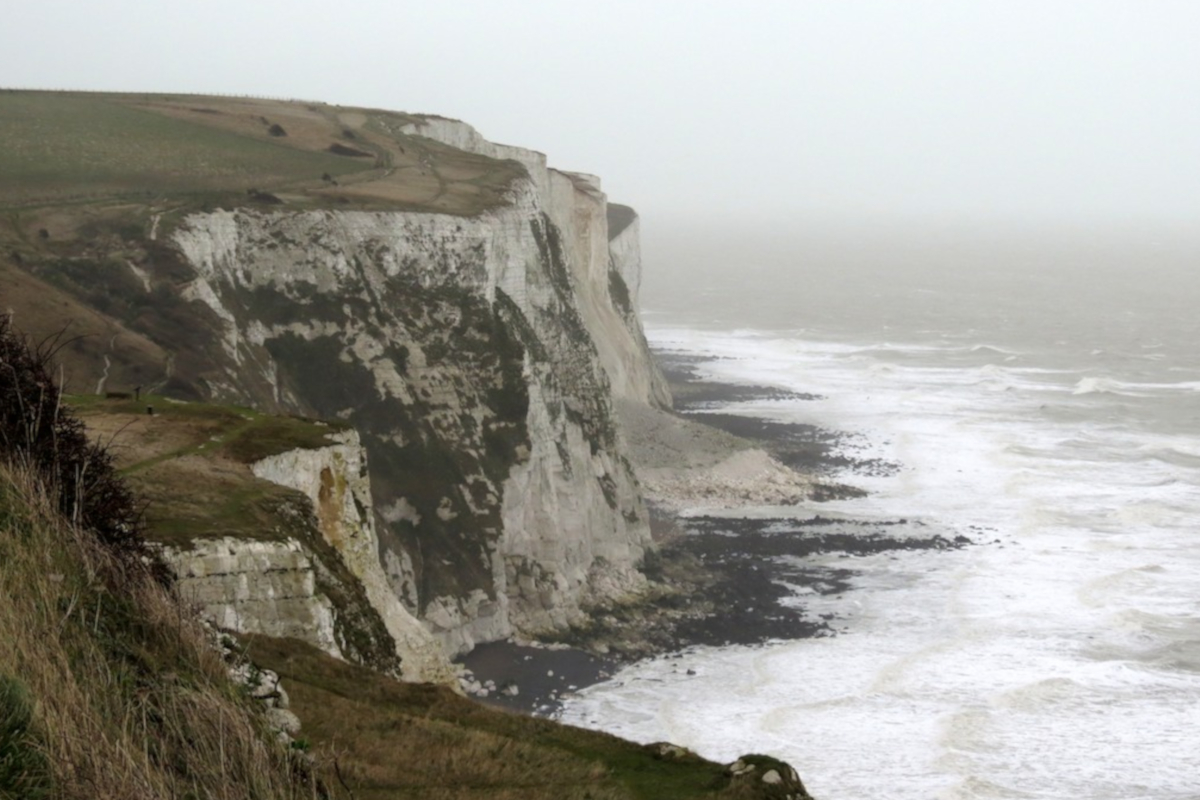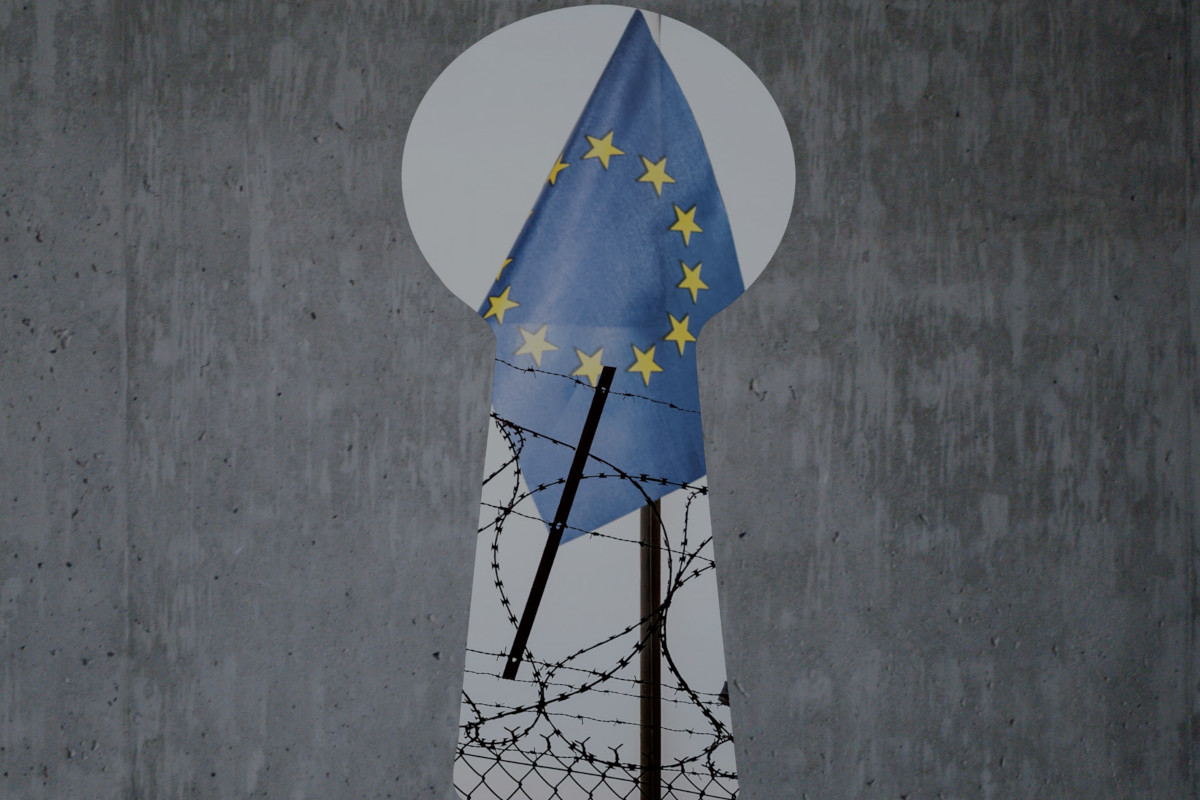UK asylum plans could end police and judicial cooperation with the EU
Topic
Country/Region
09 March 2023
The UK government's latest attack on refugees, described as "a clear breach of the Refugee Convention" and seemingly incompatible with the European Convention on Human Rights, could lead to the EU terminating parts of the Trade and Cooperation Agreement.
Support our work: become a Friend of Statewatch from as little as £1/€1 per month.

Image: Malcolm Manners, CC BY 2.0
Illegal Bill
The "Illegal Migration Bill" mandates the automatic detention of anyone arriving in the UK in an irregular manner, with a view to their swift deportation.
"The effect of the bill (in this form) would be to deny protection to many asylum-seekers in need of safety and protection, and even deny them the opportunity to put forward their case. This would be a clear breach of the Refugee Convention," the UNHCR has highlighted.
In the Bill, Home Secretary Suella Braverman states:
"I am unable to make a statement that, in my view, the provisions of the Illegal Migration Bill are compatible with the Convention rights, but the Government nevertheless wishes the House to proceed with the Bill."
In short - and despite Braverman's insistence in media appearances that the Bill does not break the law - it's illegal, and the government doesn't care.
Brexit policing agreement
If the Bill passes, it could cause problems for any police and judicial cooperation with the EU under the Trade and Cooperation Agreement (TCA) that was signed at the end of 2020.
That treaty keeps the UK closely intertwined with the EU's internal security architecture, and it allows the UK to opt-in to a number of intrusive surveillance measures with no explicit need for domestic parliamentary scrutiny or debate.
The UK government is also keen to become a part of a forthcoming EU scheme on "security-related information sharing".
Suspending cooperation
However, this could be jeopardised if the government goes ahead with the Illegal Migration Bill.
A previously unpublished statement by the Council, annexed to its Decision on concluding the TCA, makes clear that this cooperation is dependent on the UK's adherence to the European Convention on Human Rights - which Braverman is unable to say the Illegal Migration Bill is compatible with.
As the statement (pdf) puts it:
"...the cooperation provided for in Part Three [Law enforcement and judicial cooperation in criminal matters] of the Agreement is based on the Parties’ and Member States’ long-standing respect for democracy, the rule of law and the protection of fundamental rights and freedoms of individuals, including as set out in the Universal Declaration of Human Rights and in the European Convention on Human Rights, and on the importance of giving effect to the rights and freedoms in that Convention domestically..."
It also states, even more clearly, that:
"In the event that the United Kingdom no longer gives effect to the European Convention on Human Rights domestically, notably in such a way as to no longer allow the Convention to be effectively relied upon by individuals before its domestic courts, the Union will suspend Part Three [Law enforcement and judicial cooperation in criminal matters] of the Agreement, in accordance with Article 693 thereof." [emphasis added]
The government is clearly not concerned about the fact that the Bill will break international law, is unlikely to be swayed by any arguments that its plans will cause untold harm to thousands of innocent people seeking safety, and has little interest in seriously engaging with people who argue that its plans are an utter moral disgrace.
Will the suspension of police and judicial cooperation with the EU be any more likely to make it think again?
Documentation
- EU-UK Agreements- Statements to be inserted in the minutes of the Council adopting the decision on Conclusion of the TCA (Council doc. 7888/21 ADD 1, LIMITE, 23 April 2021, pdf)
Our work is only possible with your support.
Become a Friend of Statewatch from as little as £1/€1 per month.
Further reading
Brexit: Goodbye and hello: The new EU-UK security architecture, civil liberties and democratic control
<p>The UK government's domestic programme seeks to crack down on dissent and to abolish or severely limit ways for the public to hold the state to account. This report shows that those ambitions also play a role in the post-Brexit agreement with the EU. The treaty makes it possible for the UK to opt in to intrusive EU surveillance schemes with no explicit need for parliamentary scrutiny or debate, and establishes a number of new joint institutions without sufficient transparency and accountability measures.</p>
Spotted an error? If you've spotted a problem with this page, just click once to let us know.

